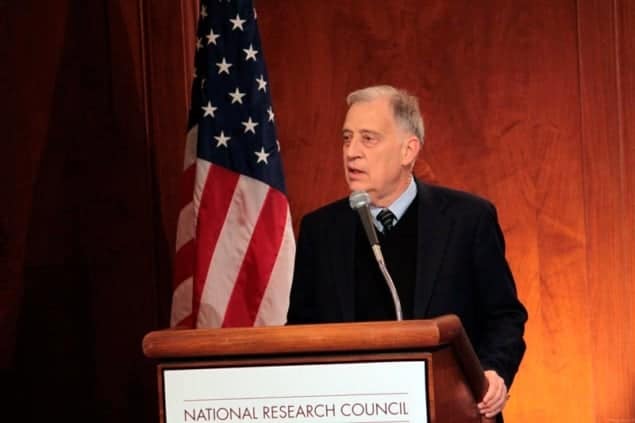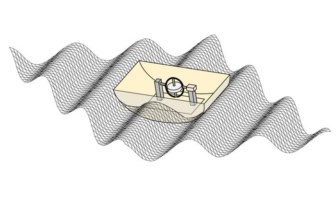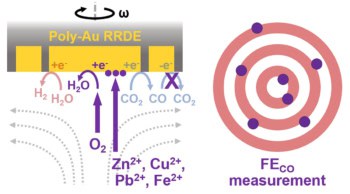
Climate change is occurring, is caused largely by human activities, and poses significant risks for a broad range of human and natural systems. These are among the key messages of the US National Research Council – the operating arm of the National Academy of Sciences and the National Academy of Engineering – in a series of three reports that were released yesterday and had been requested by Barack Obama’s administration.
One of the reports, Advancing the Science of Climate Change, reviews the current scientific evidence regarding climate change and examines the state of scientific research efforts in the US. While noting that the scientific process is never “closed”, the report concludes that the core scientific questions have been examined thoroughly but have stood firm in the face of serious debate and strong scepticism. It recommends that future research should be developed around seven interdisciplinary themes covering the fundamental science and human wellbeing issues.
No specific targets
Another report, Limiting the Magnitude of Future Climate Change, recommends that the US should establish a greenhouse gas emissions budget that sets a limit on total domestic emissions over a set period of time. It falls short, however, of setting a specific target. Instead it recommends a goal of 170–200 gigatons of carbon dioxide (CO2) equivalent for the period 2012 through 2050, which is roughly in line with the targets proposed recently by the Obama administration. To achieve this, a cap-and-trade system is put forward as the most cost-effective way to cut emissions, although the NRC does not formally endorse this idea.
The final report, Adapting to the Impacts of Climate Change, insists that the US cannot afford to delay important policy-making despite the uncertainties in the specific impacts and timings of climate change. It says that any response needs to be co-ordinated across a number of levels of organization from central government and the private sector to local community organizations. It also urges that the federal government should provide scientific resources and incentives to enable local and regional authorities to begin adaptation.
“These reports show that the state of climate change science is strong,” says Ralph J Cicerone, president of the National Academy of Sciences. “But the nation also needs the scientific community to expand upon its understanding of why climate change is happening, and focus also on when and where the most severe impacts will occur and what we can do to respond.”
5-paper-suite
The reports are part of a series of five studies called America’s Climate Choices, which was requested by the US Congress. The final two reports will be published later in the year. One will examine how to best provide decision makers information on climate change, while the other will be an over-arching study offering a scientific framework for informing climate change policy.
The project builds on previous reports by the National Research Council as well as incorporating new information collected at a number of public events and workshops. The five reports have been assembled by a team of more than 90 volunteers from a range of communities including academia, government and industry.



